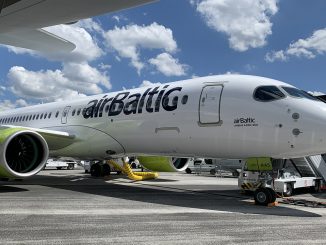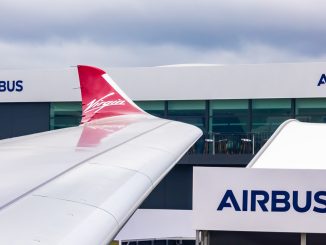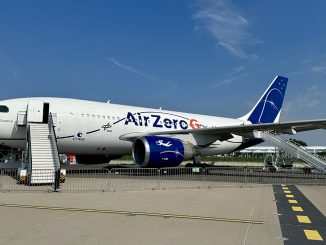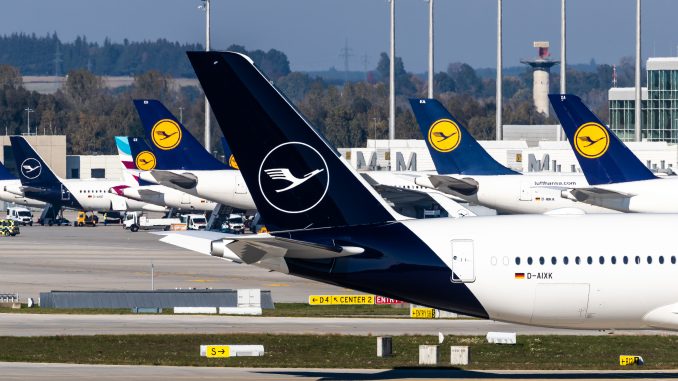
Shareholders of Deutsche Lufthansa AG (Lufthansa Group) have approved a €9 billion (US $10.13 billion) rescue package provided by the German government.
On Thursday afternoon, shareholders voted in an online exclusive assembly. Only 39.32 percent of total eligible shareholder votes were present, 39.03 percent participated in the decision, and a two-thirds majority of those present was required for the proposal to pass. For comparison; at an online assembly earlier this year, about 33.2 percent were present, Lufthansa CEO Carsten Spohr says.
A total of 182.98 million votes, or 98 percent, were in favour of the rescue deal with the government, 3.66 million votes (two percent) opposed the plan.
This decision comes after weeks of uncertainty over the airline group’s ability to secure shareholder approval. Prior to the vote, Lufthansa responded to several hundred questions about the proposal and the company’s plans to get out of the crisis, with the online meeting taking more than six hours from noon until 6:15 pm. One month ago, the arrangements were already given green light by the German government. After Lufthansa agreed to give up some slots to competitors, it was also approved by the European Commission on Thursday, just few hours before the shareholder meeting.
Ultimately, the approval came down to German businessman and billionaire Heinz Hermann Thiele who holds a 15.5 percent stake in Lufthansa. He lobbied for better conditions in the rescue arrangements between the government and Lufthansa, and threatened to otherwise vote against the deal, therefore vetoing the whole package given the low turnout on Thursday. During past days, thousands of Lufthansa employees protested and demanded Thiele to agree on the deal. On Wednesday, German newspaper FAZ reported that Thiele would vote in favor of the existing agreement. Meanwhile, news agency Reuters reported on Wednesday that Lufthansa made short-notice arrangements for a parachute rescue plan, should the existing agreements fall through, to avoid insolvency of the company – which would have likely been one of the largest insolvency proceedings in history. The Lufthansa Group, headquartered in Cologne, Germany, employs almost 140,000 people (as of 2019) and its airlines have a combined fleet of more than 750 aircraft. In 2019, prior to the current struggles, Lufthansa had an operating income of more than €2 billion (US $2.25 billion).
Lufthansa Group, as most other airlines around the world, is struggling with the ongoing Coronavirus crisis and its impact on global aviation. The German flag-carrier and multinational airline group had temporarily suspended almost all of its flight services and initially grounded approximately 700 aircraft since March. Earlier this month, it accelerated the gradual ramp-up of its flights by putting several aircraft back into commercial service, but is still operating only a fraction of its network, compared to 2019 passenger numbers and schedules.
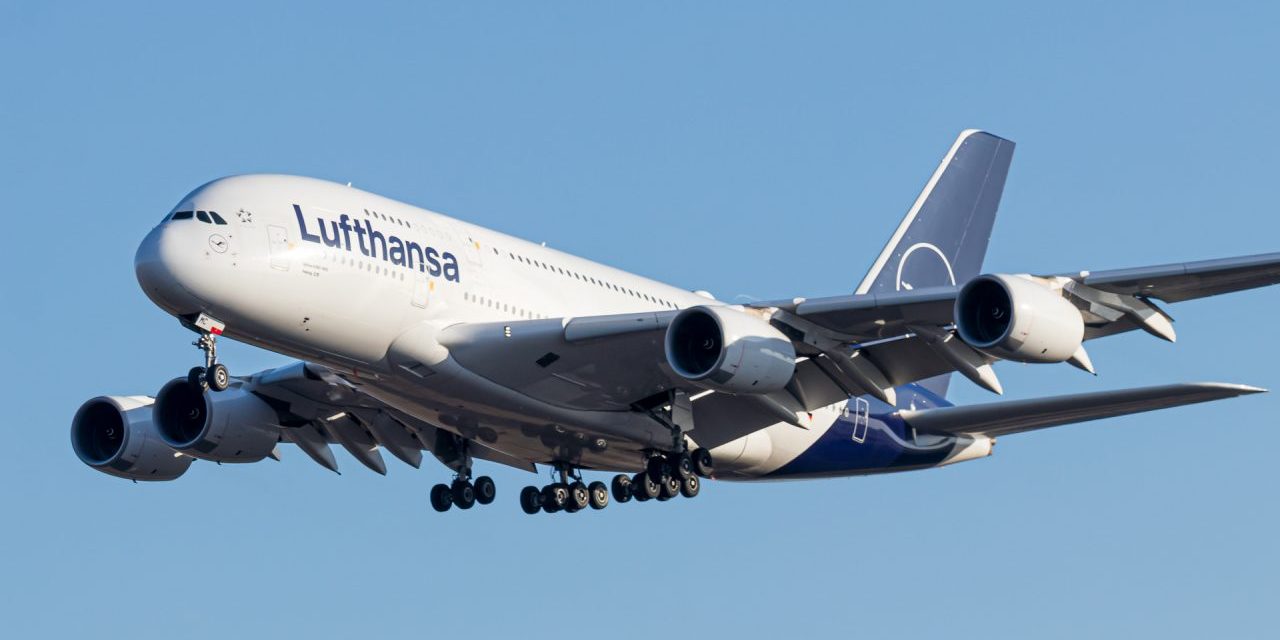
The company expects the effects of Coronavirus to last long beyond the current pandemic. It forecasts full demand to not return for the coming three to four years. As a result, Lufthansa had announced cuts over the past months. More than 20,000 jobs in total are set to be slashed and dozens of aircraft, across several aircraft types, are to remain grounded or be retired entirely. This includes some Airbus A320, A340-300 and -600, A380, and Boeing 747-400 at Lufthansa, Airbus A320 and potentially all long-haul aircraft at low-cost carrier Eurowings, as well as all Airbus A319, Bombardier Dash 8 and some Boeing 767-300 at Austrian Airlines. The latter carrier, along with sister airline Brussels Airlines, halted all of its flight operations until June 15th. Lufthansa Group is currently not taking delivery of new airplanes.
On late Wednesday evening, Lufthansa reached a crisis agreement with cabin crew union UFO. CEO Carsten Spohr said on Thursday during the conference with shareholders that Lufthansa is negotiating with a pilot union for a similar agreement. However, he adds that discussions with another union, Verdi, are not running very smoothly and mentioned the threat of potential layoffs. Verdi is representing workers from several profession areas at Lufthansa, including cabin crew.
#Lufthansa: Spohr goes on to criticise second cabin crew union, Verdi, where negotiations are not very promising, and threatens with possible layoffs
— Jakob Wert (@SpieleWERT) June 25, 2020
Furthermore, two subsidiaries of the group, Germanwings and SunExpress Germany, have been permanently shut down. Germanwings operated select short-haul flights on behalf of Eurowings, while the German arm of SunExpress – a joint-venture between Lufthansa and Turkish Airlines – offered various leisure flights using Boeing 737-800. The holiday airline also deployed some Airbus A330-200 on long-haul flights for Eurowings.
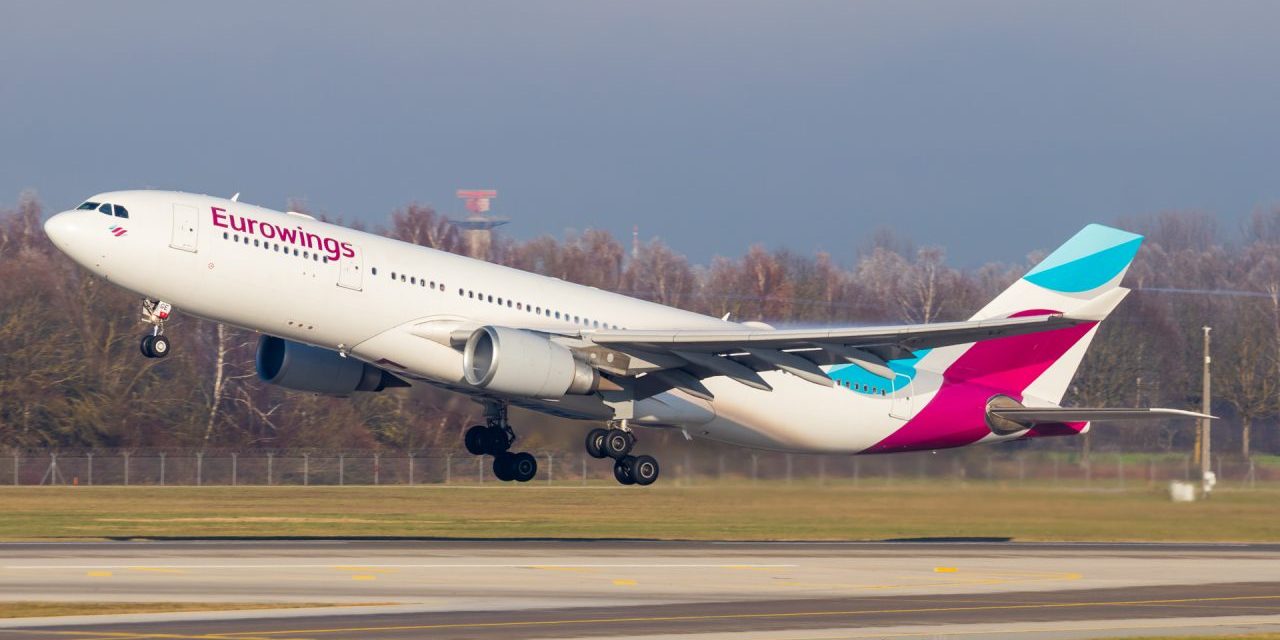
The full extent of Coronavirus-related cuts and changes across the Lufthansa Group are uncertain. Subsidiary Brussels Airlines has still not received any form of financial aid from the Belgian government to overcome the crisis, Spohr said on Thursday afternoon.
Back in early-January, Lufthansa Group became one of the first mayor airline companies to respond to the situation by suspending its long-haul flights to China – the then-hotspot of what was about to turn into a global pandemic.

Jakob Wert is an aviation journalist from Germany. He built up the website IFN.news and is the Editor-In-Chief of International Flight Network.

